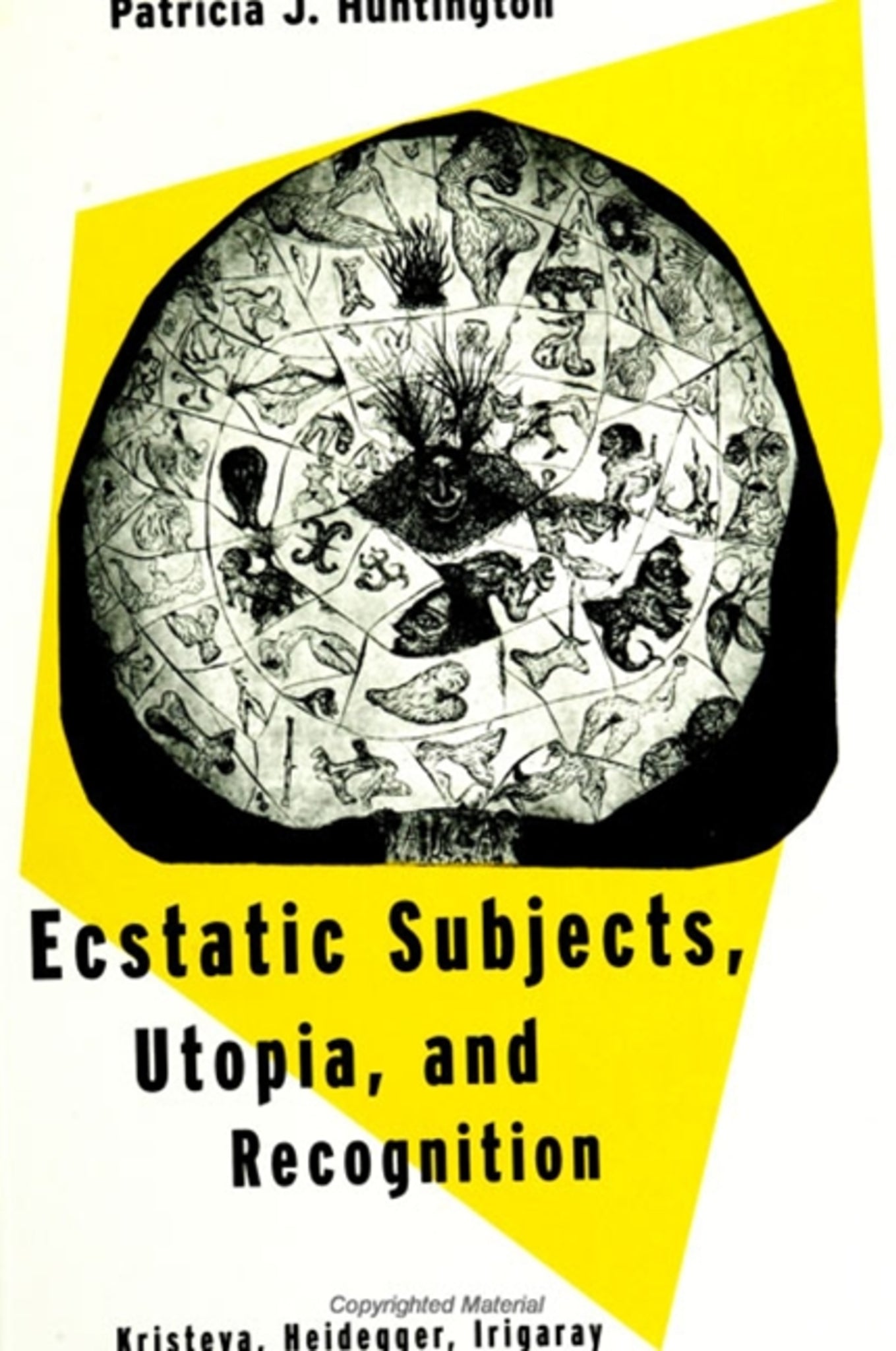We're sorry. An error has occurred
Please cancel or retry.
Ecstatic Subjects, Utopia, and Recognition

Some error occured while loading the Quick View. Please close the Quick View and try reloading the page.
Couldn't load pickup availability
- Format:
-
30 July 1998

Interweaves elements of Kristevan and Heideggerian thought in order to reconstruct a linguistically embedded, existentially and affectively rich, dialectical model of willed self-regulation.
Ecstatic Subjects, Utopia, and Recognition is a study in critical postmodern social theory. By engaging a dialogue with Heidegger, Kristeva, and Irigaray, it offers unique insights into Heidegger's heroic embrace of the manly ethos of National Socialism. Against certain poststructuralist feminist tendencies to throw the baby of intentionality out with the bath water of voluntarism, Huntington interweaves elements of Kristevan and Heideggerian thought in order to reconstruct a linguistically embedded, existentially and affectively rich, dialectical model of willed self-regulation. Pressing Heideggerian ontology into the service of a viable social theory, she argues that this ontology accounts for the utopian impulse in Irigaray's search for a critical poetic reenchantment of the lifeworld and supplies Irigaray with the philosophical foundation for a model of ethical recognition based upon asymmetrical reciprocity.


"Huntington's book is, in part, an effort to offer a philosophy that can make way for social change … Huntington's book provides a compelling argument that feminists would do well to ally with certain aspects of Heidegger's thought." — Hypatia
"Ecstatic Subjects is a truly brilliant book that will undoubtedly have a significant impact on feminist theory. Huntington's book demands that we rethink the political importance of thinkers like Heidegger for feminist politics. Erudite and clearly written this book will be a must for both Women's Studies and Philosophy courses." — Drucilla Cornell, author of The Philosophy of the Limit and The Imaginary Domain
"Patricia Huntington deftly defends a dialectical theory of the self, one that treats the self as both constituting and constituted, as situated concretely within beliefs and practices that are ours to take up and transform. Huntington skillfully mediates between a one-sidedly modernist notion of a purely autonomous self and the tendency of postmodernists to let the self volatilize in a flurry of free floating events. An extremely important work for students of Heidegger, feminism, and post-structuralism." — John D. Caputo, author of Demythologizing Heidegger
Acknowledgments
Introduction
Part I: Beyond the Specter of Stoic Consciousness: A Dialectical View of Agency
1. Heidegger and Kristeva: Residues of Heroic Agency and Stoic Abstraction in Being and Time
2. Heidegger, Irigaray, and the Masculine Ethos of National Socialism: Or, How to Tame the Feminine
3. Agency, Affect, and the Postmodern Subject: Overcoming the Logic of Sacrifice
Part II: Utopia as Reiterative Universalism: A Poetics of Recognitio n
4. A Critical Mimetic Recovery of Origins: Reading Heidegger with Irigaray and Cornell
5. Gelassenheit: Heidegger's Reluctant Utopia
Part III: From Reiterative to Interactive Universalism: Concrete Aporias of Recognition
6. Heidegger's Apolitical Nostalgia for Immediacy
7. Postmodern Meta-Utopia or Solidarity? Race, Gender, and Reiterative Universalism
8. Epilogue Asymmetrical Reciprocity: From Imaginative Universalism to Ethical Concretion
Notes
Abbreviations
Bibliography
Index



